
Manvee Vaid is the founder and CEO TerraKlay, a home brand deeply rooted in heritage design and community empowerment for artisans in India, Latin America, and Africa.
We recently welcomed TerraKlay into the Anacua House community, and caught up with Manvee about all things design and creativity- here's an excerpt of our conversation:
TerraKlay sources from artisan communities around the world- and I know diversifying your business is crucial to your model. Can you tell me more about how you connect with and choose the groups that contribute to your brand?
I began my brand during the COVID-19 pandemic by working with artisans in India. As it is my home country, I had a foundational understanding of the regions known for producing specific crafts, which are influenced by the diversity of the land, availability of raw materials, and the skills of the artisans. During COVID, I quickly realized the importance of diversifying production. The lockdowns in India, subsequent production challenges, and supply chain disruptions highlighted the benefits of working with artisans in different countries.
Later an opportunity led me to expand my collaborations to include artisans from Tunisia, Peru, and Guatemala by acquiring Sobremesa, which ethically sources and produces a tabletop line, partnering with fair trade artisans. This alignment with my mission and values made it a perfect fit for my brand. By working with these diverse communities, we not only ensure a resilient supply chain but also uphold our commitment to ethical sourcing and fair trade practices.
What is your role in your products’ designs? How do you ensure the collections both highlight the artisans’ skills and also appeal to a global audience?
What is the point of working with artisans from different backgrounds and cultures each with their own repertoire of traditions, techniques and traditional symbols if it does not translate into design inspiration and unique possibility? TerraKlay hand produces in small batches, learning from artisans themselves who are masters in their own traditions. Combining traditional symbols with modern product designs to fit the American aesthetics not only helps to admire, respect and promote international culture, but also injects new creativity and vitality into modern product design.
The essence of collaborating with artisans from diverse backgrounds and cultures lies in their unique traditions, techniques, and symbols, which serve as a rich source of design inspiration. At TerraKlay, we hand-produce items in small batches, learning directly from artisans who are masters in their respective traditions. By blending traditional symbols with modern design elements to suit American aesthetics, we not only celebrate and promote international cultures but also infuse contemporary product design with fresh creativity and vitality.
My design process is highly collaborative, with a deep respect for the artisans’ skills. I work closely with them, learning and understanding their craft to determine what would be a good fit for the TerraKlay collection. Together, we refine traditional design styles to create new, exciting collections. We start by working on samples, which allows us to explore and innovate before finalizing the designs. This approach ensures that our products not only showcase the artisans' talents but also resonate with a global audience.

When we first met, you mentioned how failure is crucial to the creative process, and you encourage your artisans to make mistakes as they learn. Can you tell me more about your philosophy and how it plays into the creative process?
The artisans we work with often come from economically challenged and diverse social backgrounds, where mistakes can be costly and leave little room for experimentation. For many, their work is their livelihood, and errors could jeopardize their employment. However, during my time in art school, I learned that mistakes are an essential part of the creative process and a valuable way to learn and innovate. I wanted to bring this same philosophy to the artisans we work with.
When we initiated a natural dyeing project in North India, I emphasized the importance of experimentation and making mistakes as a learning tool. By fostering an environment where the fear of failure is removed, we empower artisans to explore new techniques and push creative boundaries. This approach not only enhances their skills but also encourages innovation and creativity, ultimately leading to more unique and compelling products.
I understand some of your artisans are differently abled. How have they been able to take ownership of the creative and business processes with their products?
Honestly, it is not difficult. By focusing on their strengths rather than their weaknesses, we establish a workable and empowering relationship. I began by recognizing and valuing their expertise, particularly in natural dyeing. This approach allows differently abled artisans to take ownership of both the creative and business processes, showcasing their talents and contributing significantly to our products.
What have you learned from the creative and production process over the years?
One key lesson I've learned is that it's impossible to know and master everything. Trusting in our artisan partners, their skills, and the overall process is crucial. Openness and collaboration are the foundation of our work. I often hear "no" due to technical constraints or cost considerations, which can influence design decisions. However, at TerraKlay, we strive to honor traditions and the people behind the products. We focus on keeping our designs simple, playful, and functional, always respecting the artisans' heritage and creativity.
Do you have any new products in the works?
Exploring natural materials and their capabilities is a constant source of inspiration for me when collaborating with artisans. Currently, we are working on introducing new glassware and textiles. We are also focused on reviving relationships with artisan groups that were impacted by COVID. Our goal is to stay true to our mission of creating products that are both functionally smart and practical, while continuing to honor the skills and traditions of the artisans we work with.
Shop our TerraKlay collection here.
All photos courtesy of Manvee Vaid of TerraKlay.

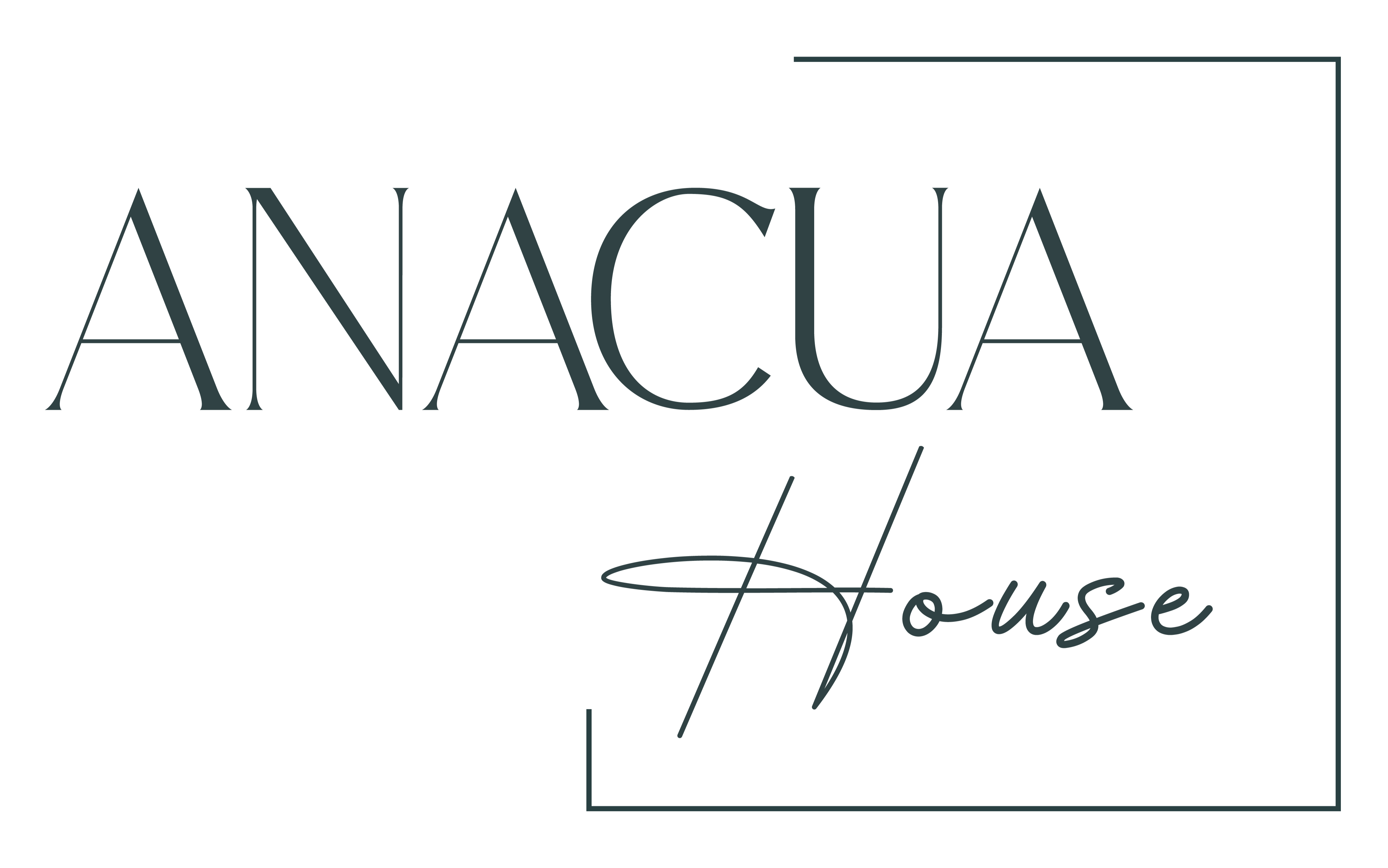
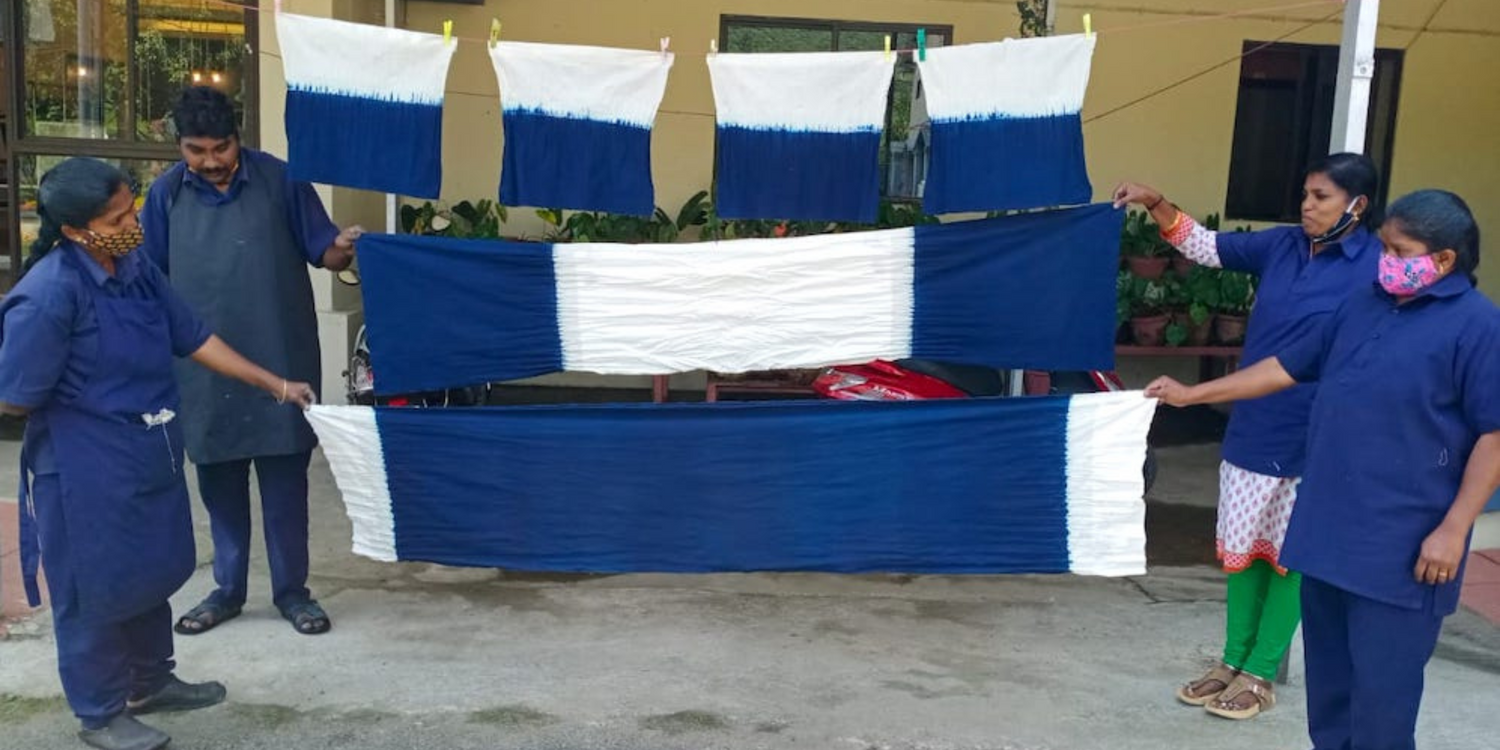
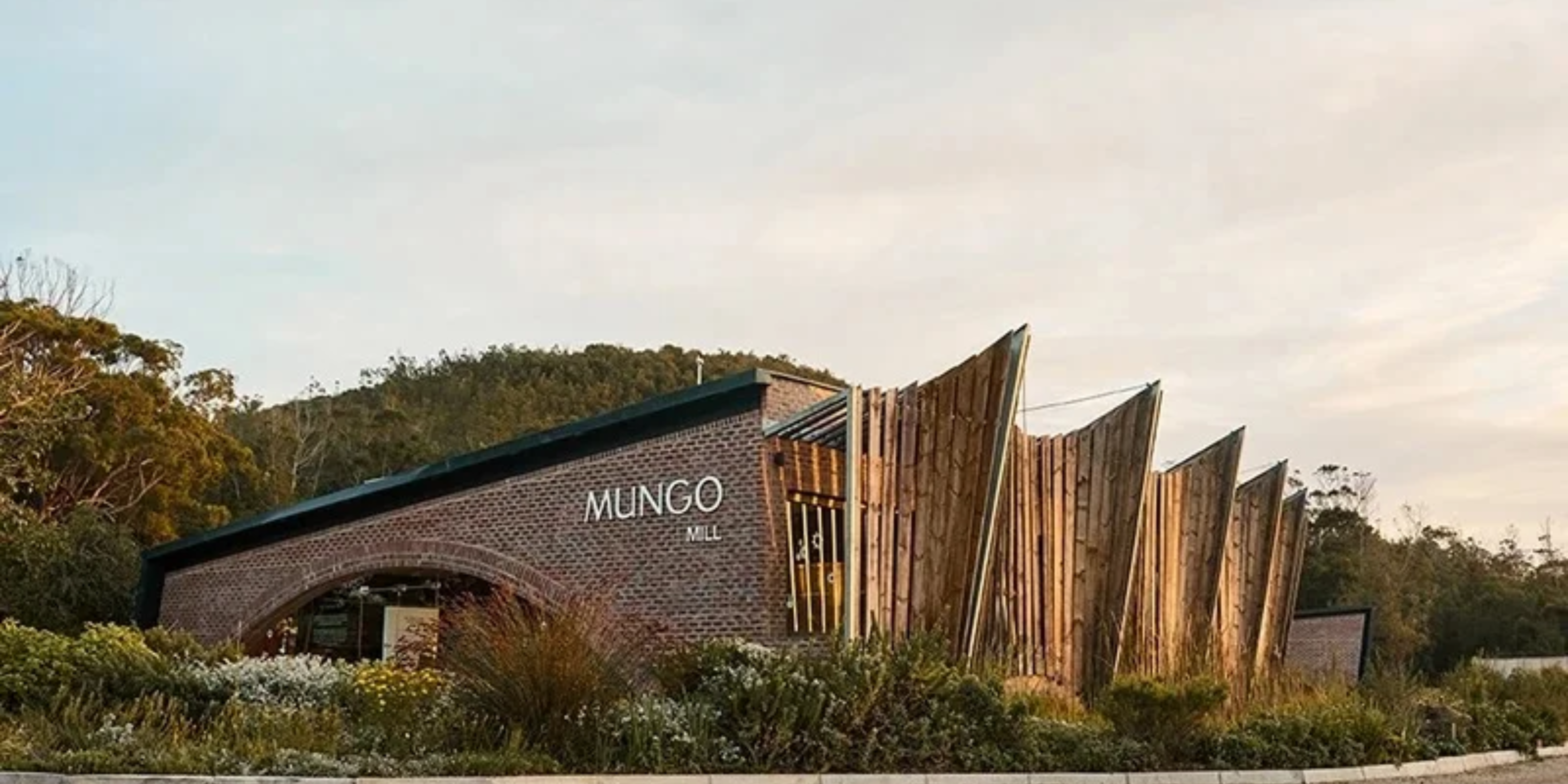
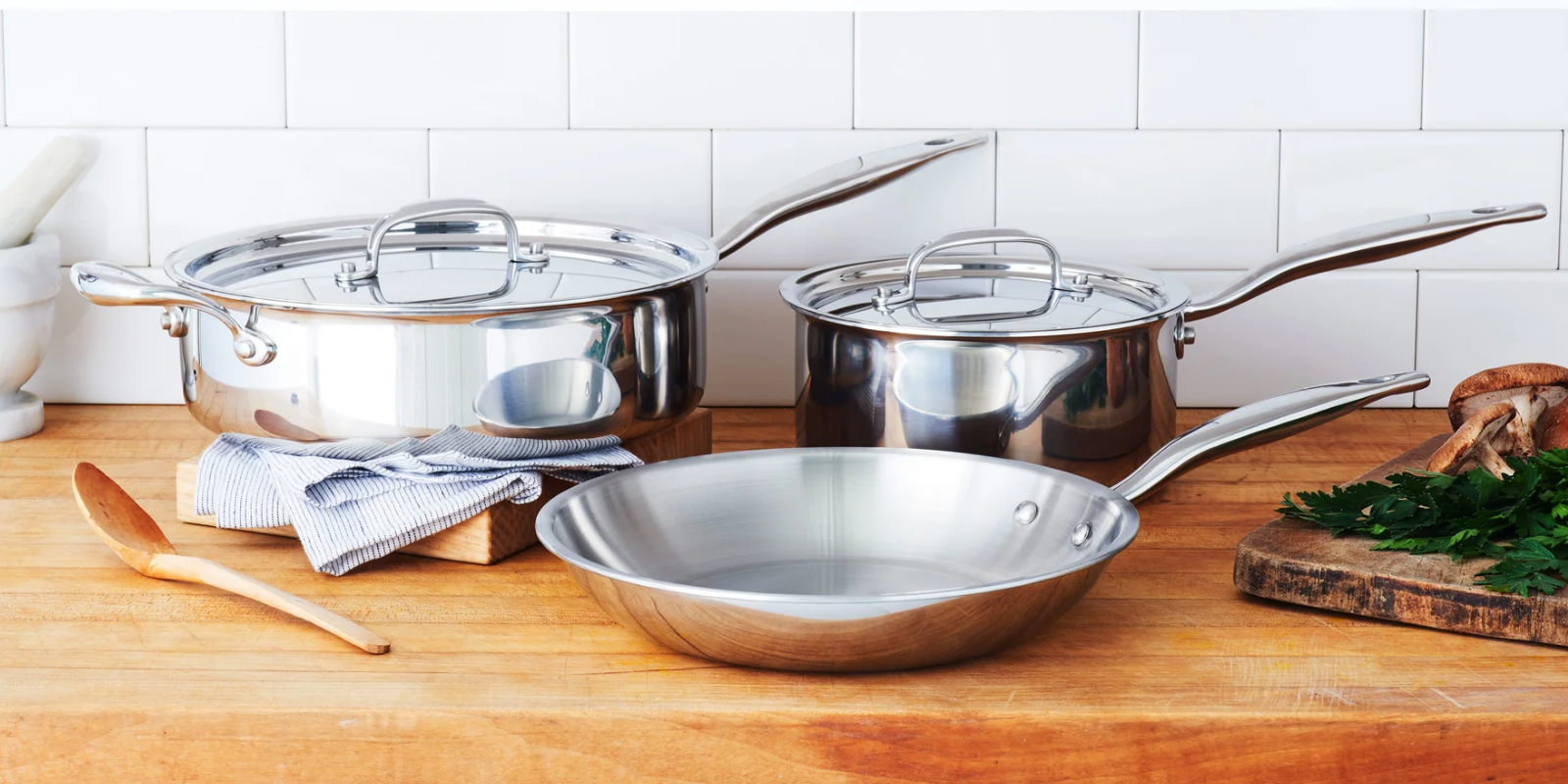
Leave a comment
All comments are moderated before being published.
This site is protected by hCaptcha and the hCaptcha Privacy Policy and Terms of Service apply.